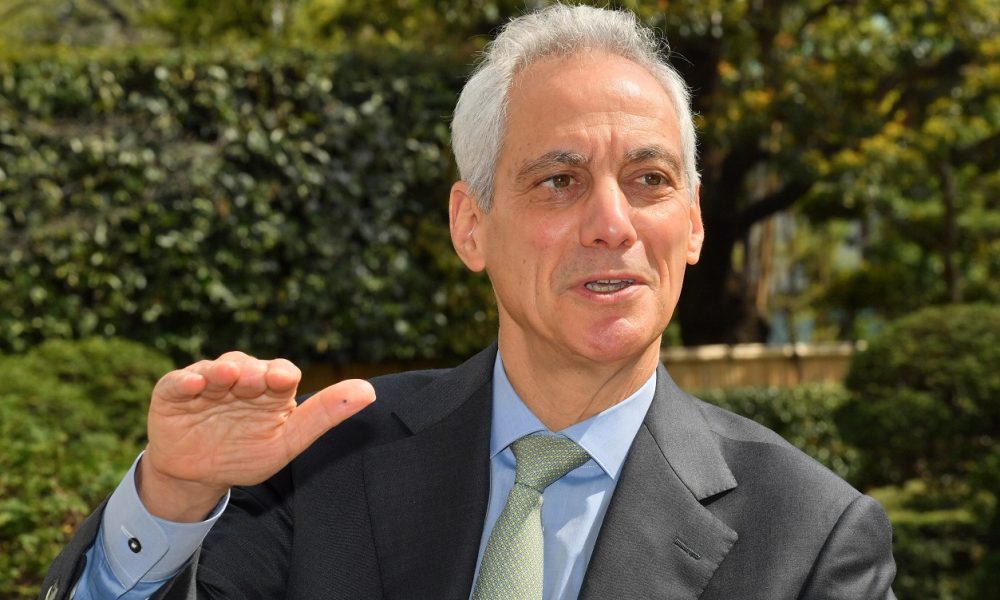
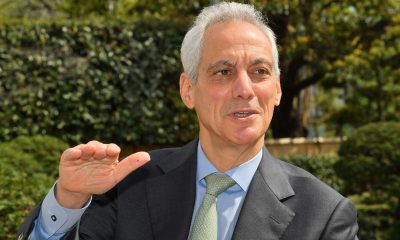

Rahm Emanuel says Japan is now a full security partner. He discusses expectations for the April Summit, including investments in tech and education, and gender.
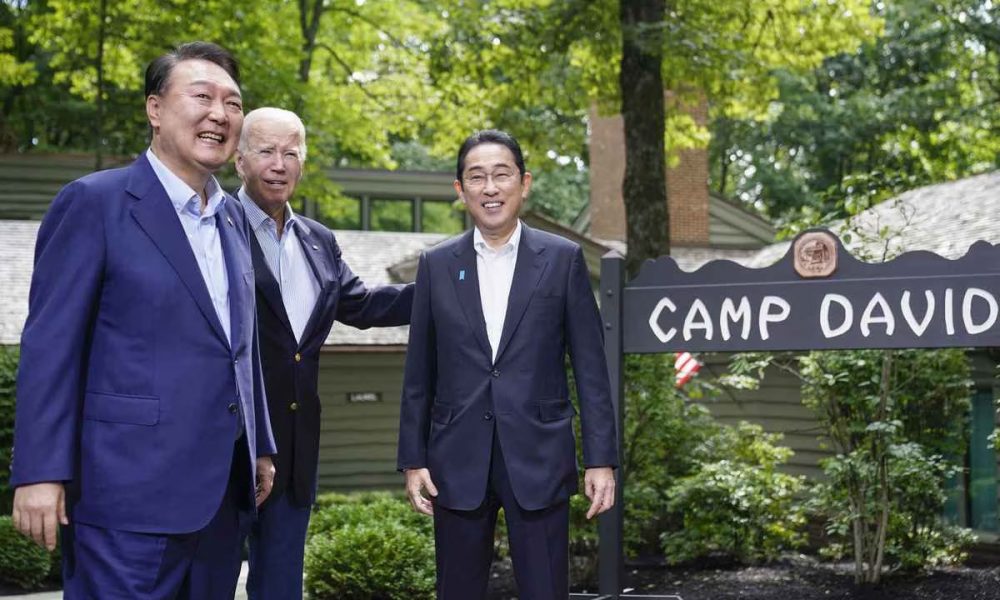
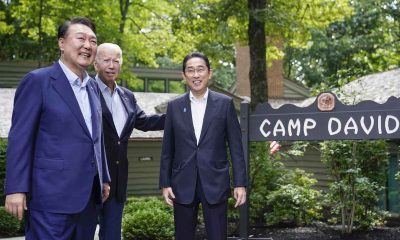

Anti-Japanese sentiment is easily aroused in South Korea. It would work against the Camp David summit agreement to bring security cooperation to "new heights."
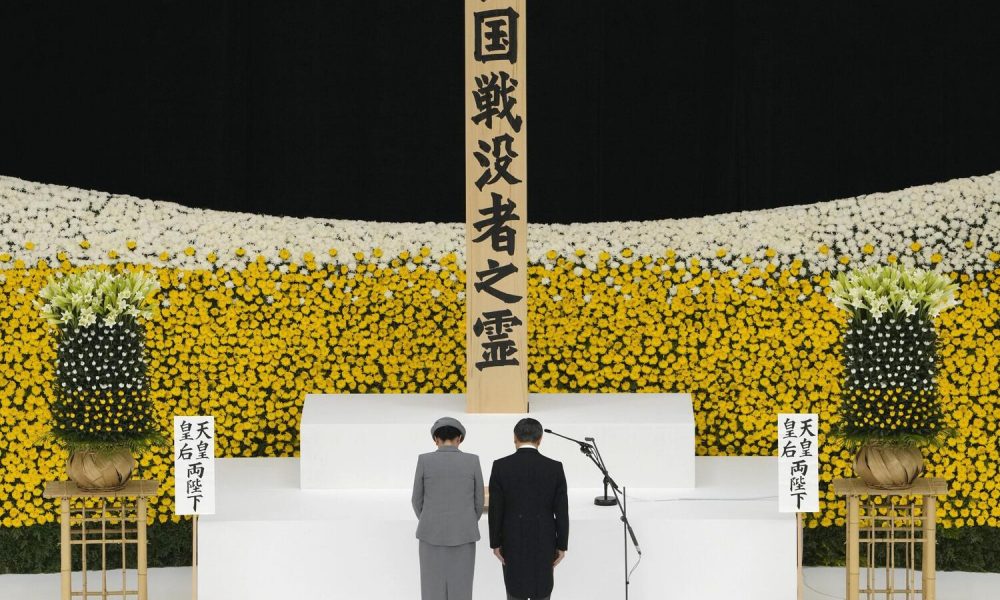
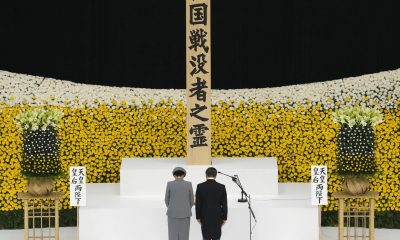

Politicians and the media should be more attuned to the danger of Japan again experiencing the tragedy of war if we abandon our nuclear deterrence measures...
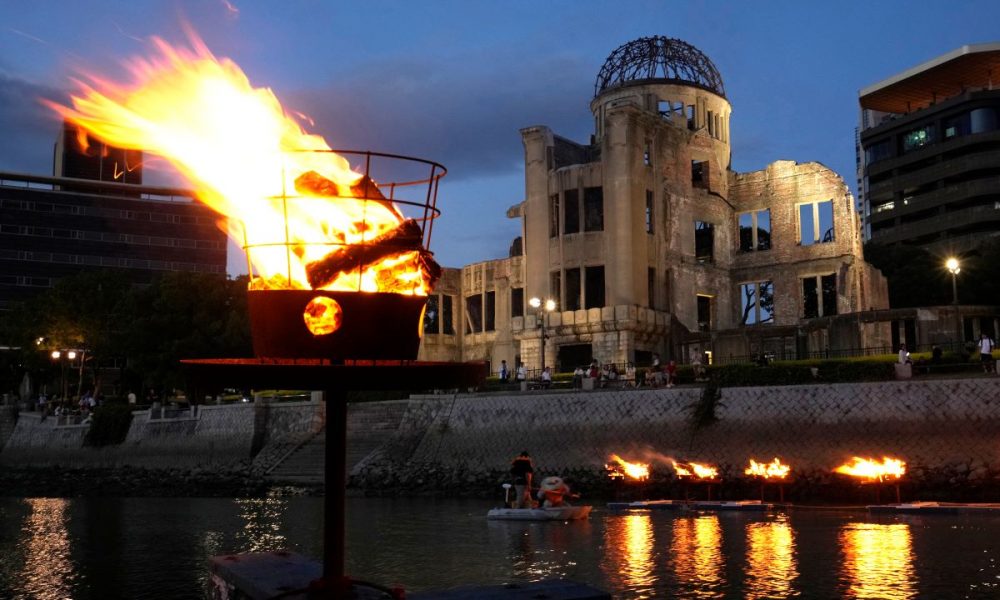
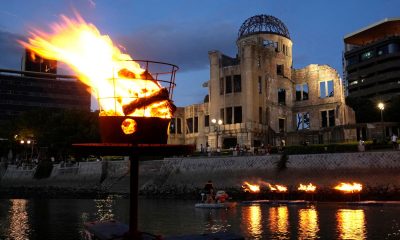

Beyond Hiroshima, the harsh reality is, there will be no way to deter a nuclear attack upon Japan unless we or our allies possess such weapons.
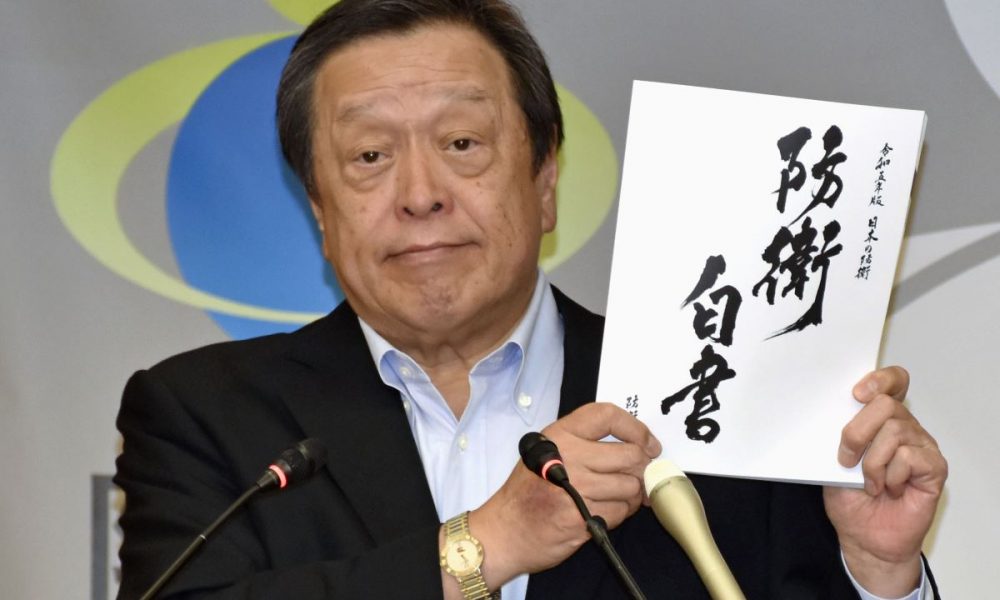
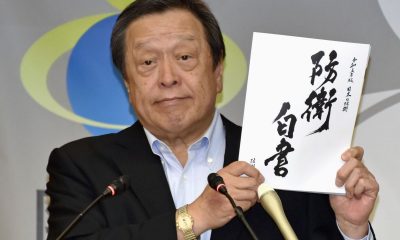

The White Paper recognizes that "Japan has entered a new era of crisis, facing its most severe and complex security environment since WWII."
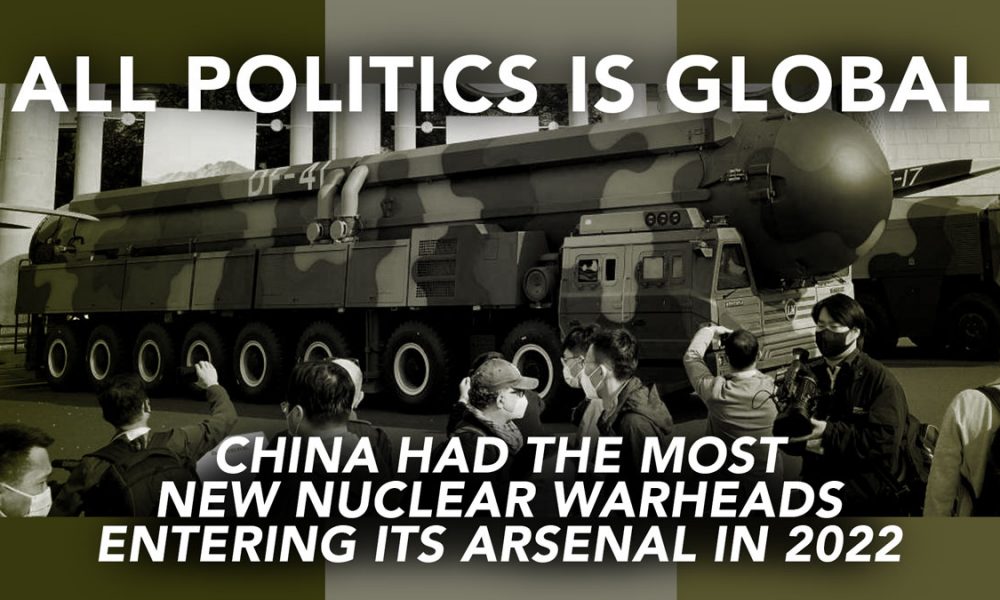
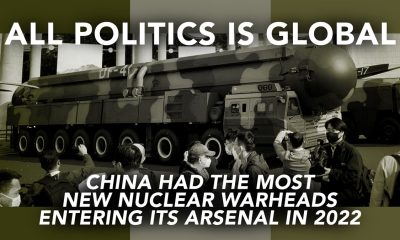

The latest estimate debunks Beijing's claim that China is "maintaining nuclear capabilities at the minimum level required to safeguard national security."
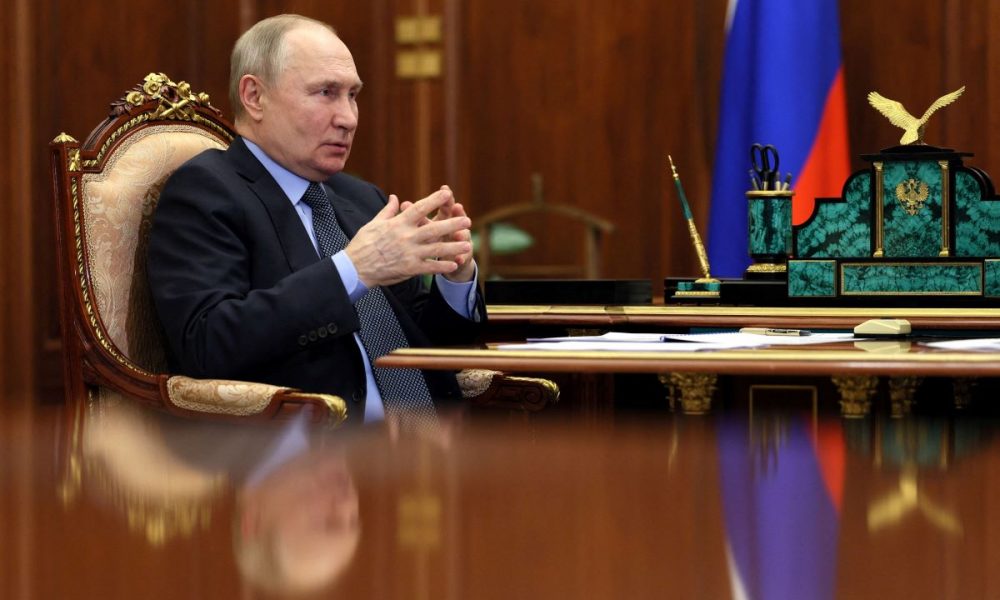
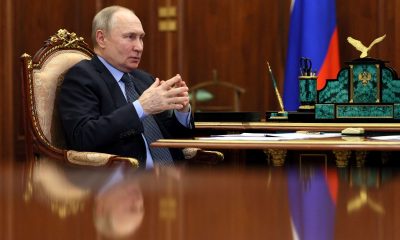

Putin should recognize that he has lost the war in Ukraine. Opting to use nuclear weapons would do nothing but tarnish his already discredited reputation.
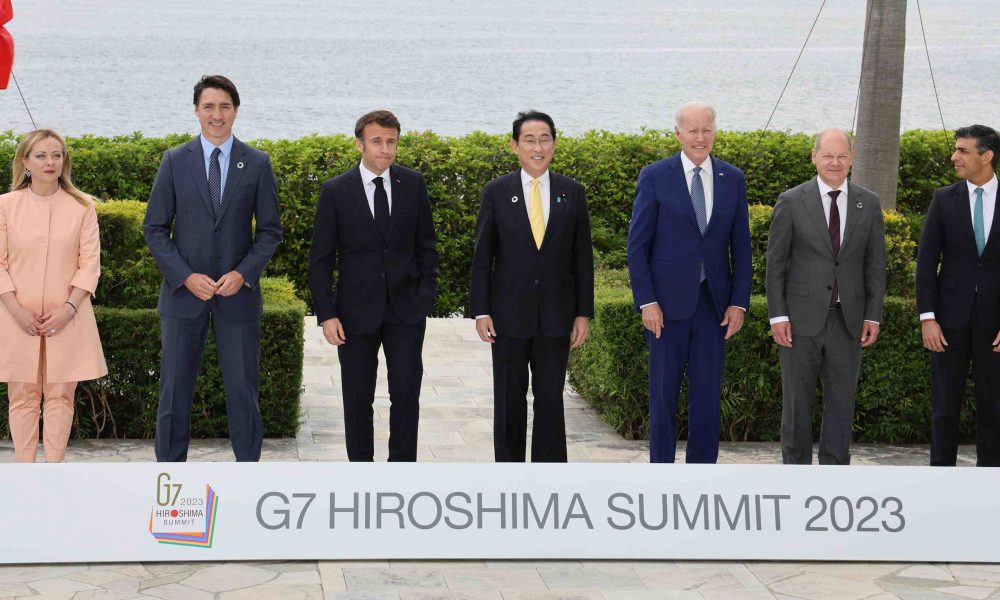
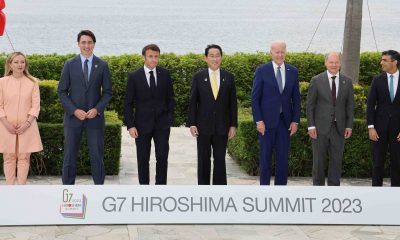

While seeking global food and economic security, leaders at the G7 Hiroshima Summit expressed strong opposition to the use of force or coercion anywhere.
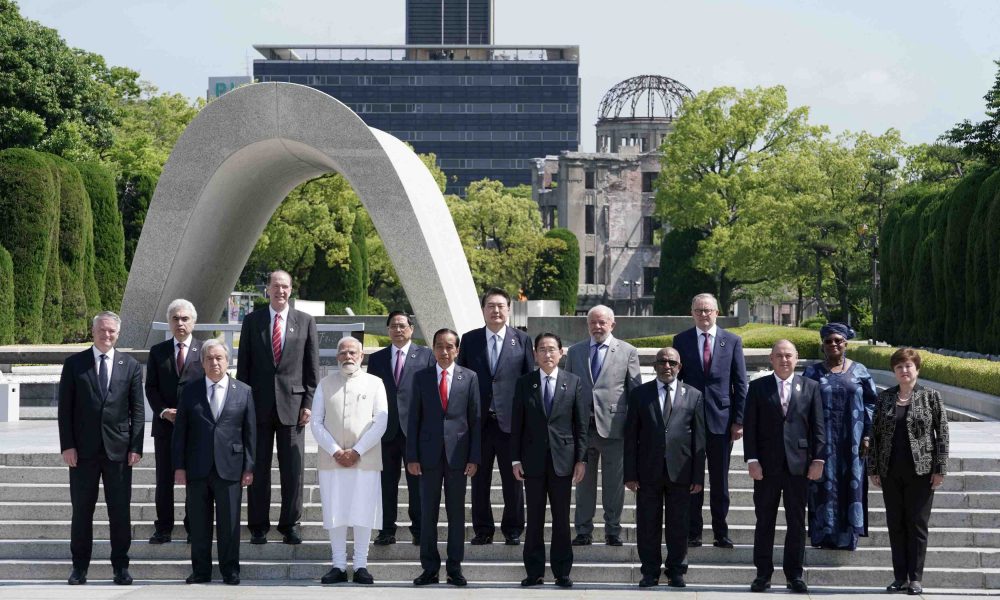
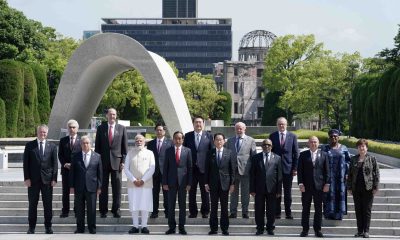

G7 Hiroshima Summit leaders must face current regional security realities and discuss nuclear deterrence, not just the laudable goal of ending nuclear weapons.
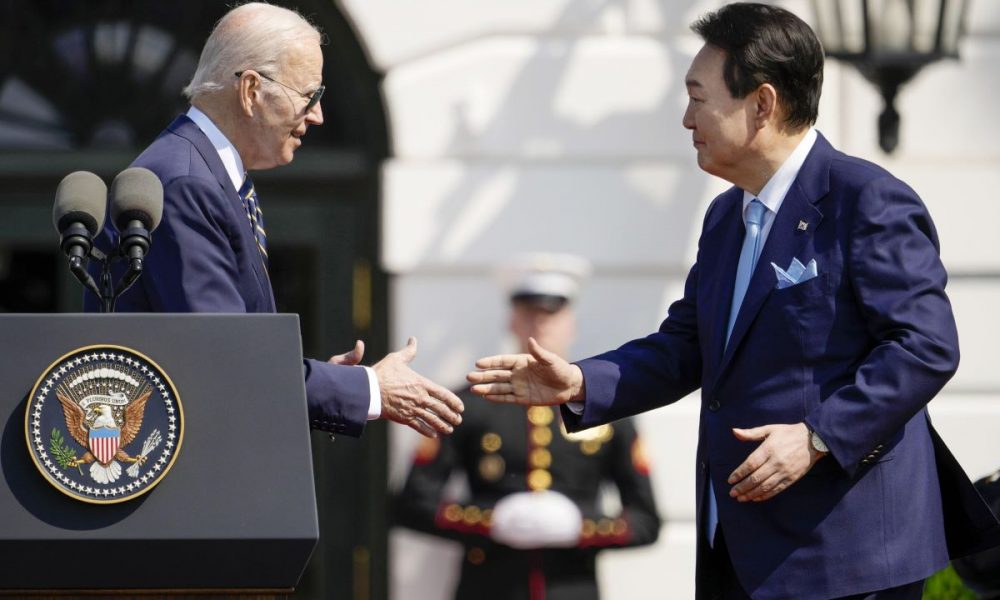
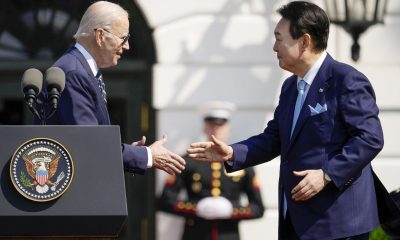

Despite the growing nuclear threat and waning US influence, Japan stays committed to its three non-nuclear principles while South Korea's stance is proactive.
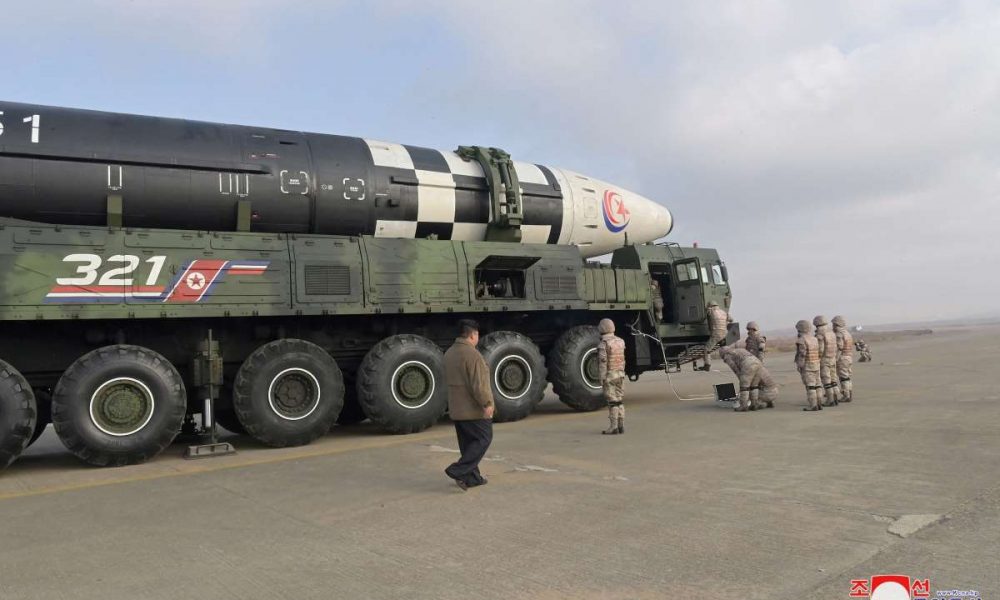
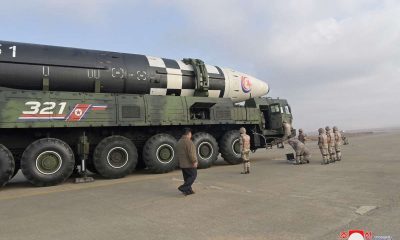

In the face of an increasingly perilous security climate, PM Kishida must discuss concrete deterrence measures and formulate a much-needed nuclear strategy.
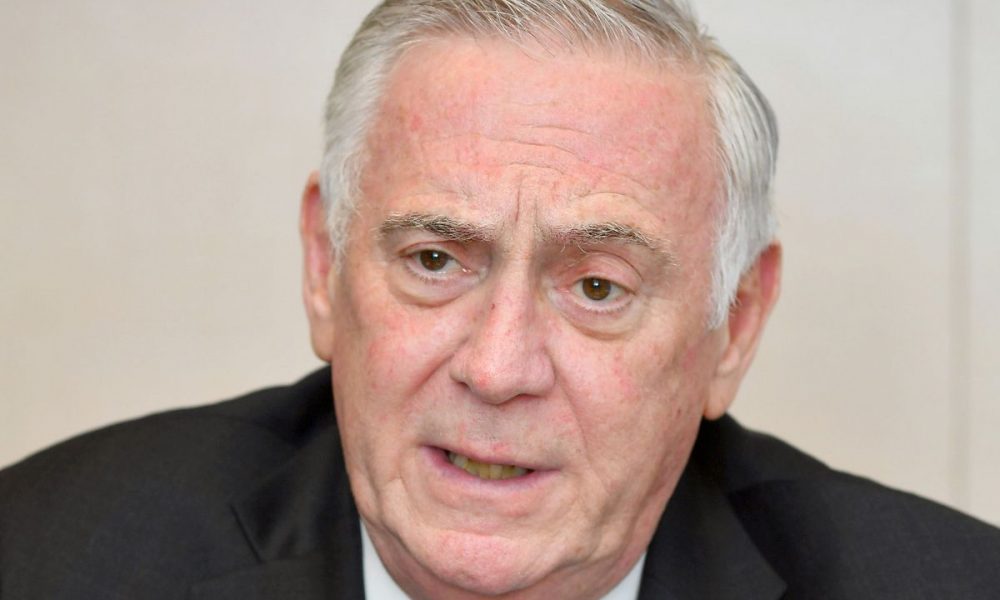


If South Korea restarts a nuclear weapons program, "The pressure on Japan would be very strong" said former US Deputy Undersecretary of Defense Richard Lawless.